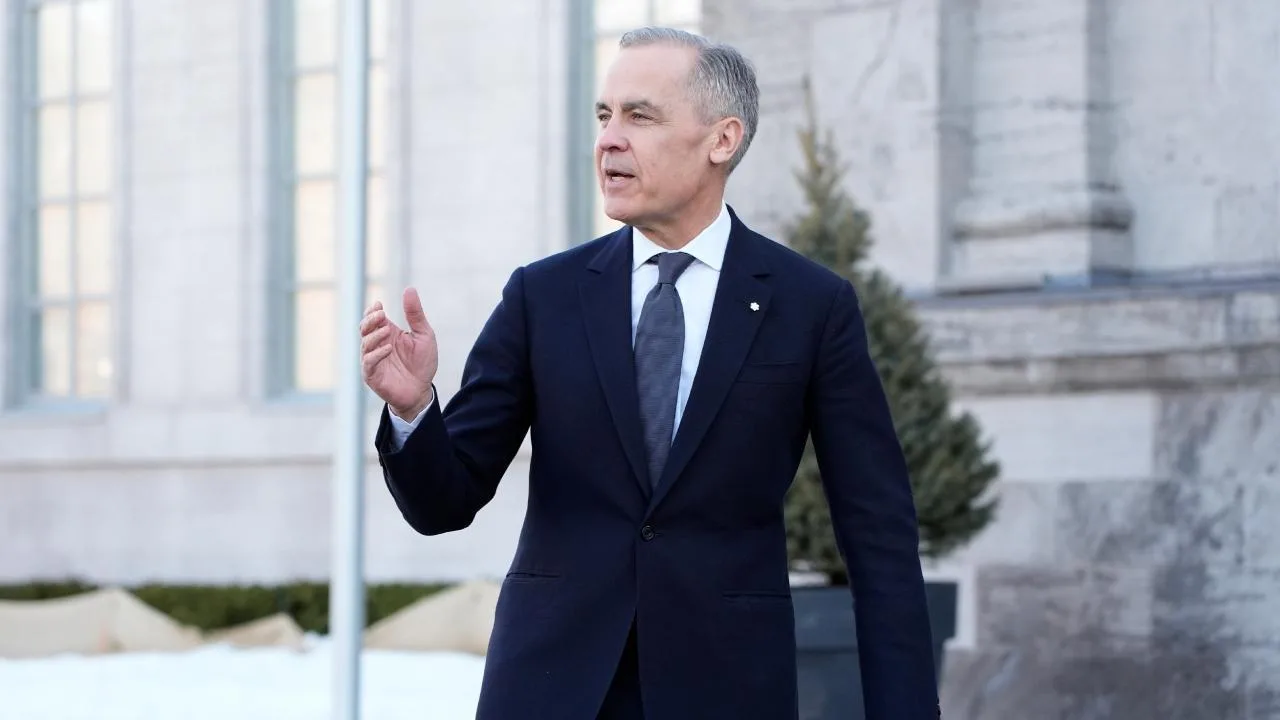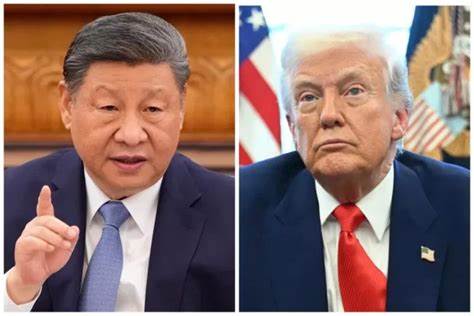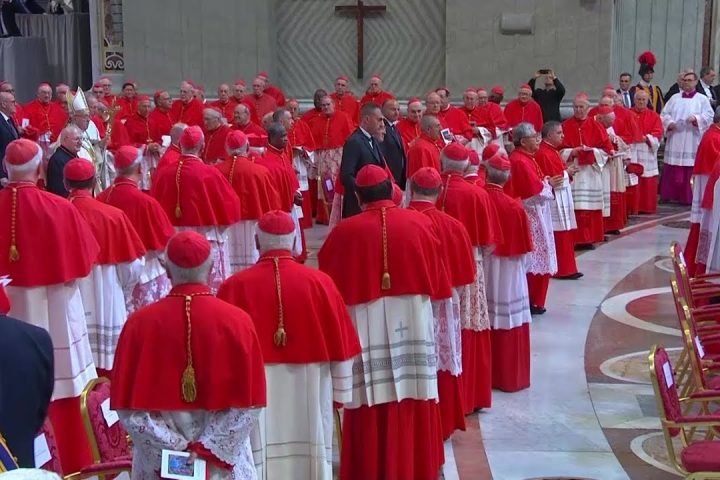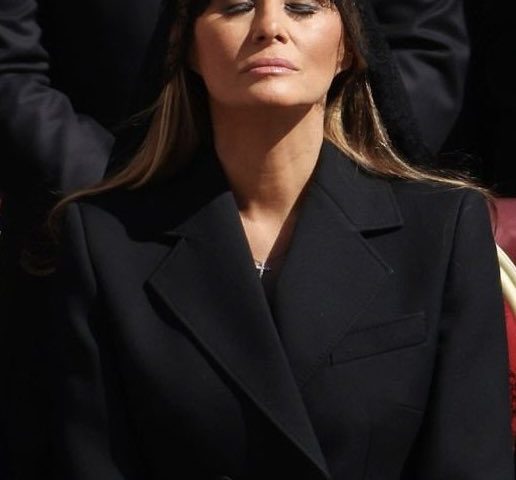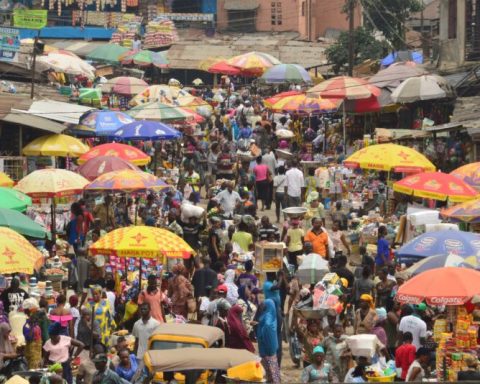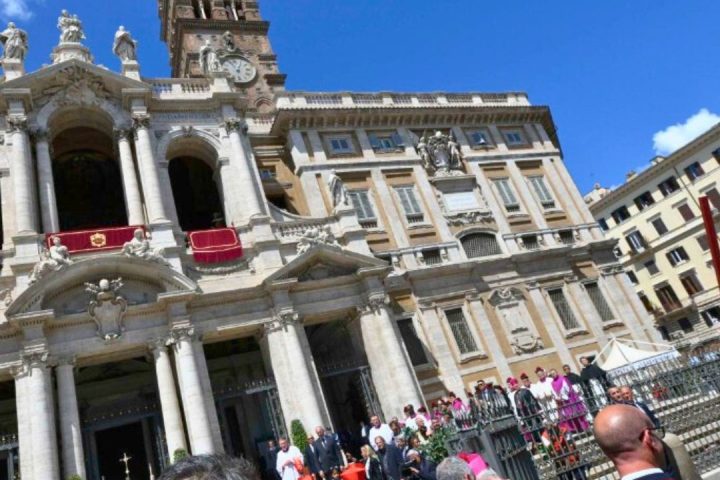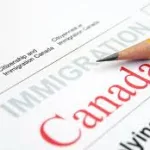In a dramatic political turnaround in Canada, the Liberal Party, led by former Bank of Canada governor Mark Carney, has defied expectations and was declared winner of the country’s federal election, despite widespread predictions of a Conservative win.
The election, which many analysts believed was the Conservative Party’s to win, saw the Liberals surge ahead with 168 seats—just shy of the 172 needed for a majority—as over 90% of votes were counted. The Conservatives, who had led in polls for months, trailed with 147 seats. Carney, who took over the Liberal leadership in March, is now poised to become Canada’s next prime minister, though he will need support from smaller parties to form a stable government.
Join our WhatsApp ChannelThe Conservative Party, under Pierre Poilievre, had been widely expected to capitalize on voter dissatisfaction with former Prime Minister Justin Trudeau, whose approval ratings plummeted to 20 per cent in his final months in office. Trudeau announced his resignation in January after former deputy prime minister Chrystia Freeland’s exit in December 2024 signaled growing unrest within the party.
Yet, the Liberals managed to reinvigorate their base with a campaign centered on resisting US pressure and promoting Canadian sovereignty—a message that gained traction after U.S. President Donald Trump controversially suggested Canada should become the US “51st state” and escalated trade tensions.
READ ALSO: Mark Carney: A New Era For Canada Or A Familiar Challenge?
Carney, who won his Ottawa seat on Monday, becoming the first prime minister since Sir John A. Macdonald to represent the capital, framed the election as a battle for Canada’s independence. In a fiery victory speech, he condemned Trump’s rhetoric and vowed to defend Canadian interests.
“As I’ve been warning for months, America wants our land, our resources, our water, our country,” Carney declared. “President Trump is trying to break us so America can own us. That will never happen.”
He also signaled a major shift in Canada’s relationship with the U.S., declaring the postwar era of American-led global trade over. “The system of open global trade, anchored by the United States… is over. These are tragedies, but it’s also our new reality.”
READ ALSO: How Tariffs Are Triggering Trade War Between US, China, Canada
In a humiliating blow, Conservative leader Pierre Poilievre lost his own Ottawa seat to a Liberal challenger, casting doubt on his political future. Poilievre, who became party leader in 2022, had been seen as a likely prime minister-in-waiting, but his campaign failed to counter the Liberals’ renewed nationalist push.
Meanwhile, Freeland, whose resignation triggered Trudeau’s departure, secured re-election in Toronto, reinforcing her standing as a key Liberal figure.
With no party securing a majority, Carney will need to negotiate support from any of the smaller parties, especially the New Democratic Party (NDP) or the Bloc Québécois to govern.
Political analysts suggest a Liberal-NDP coalition is the most likely outcome, ensuring progressive policies continue to shape Canada’s future.

